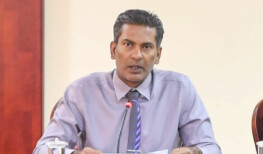Enforcement of Public Smoking Bans Weak Despite Regulations
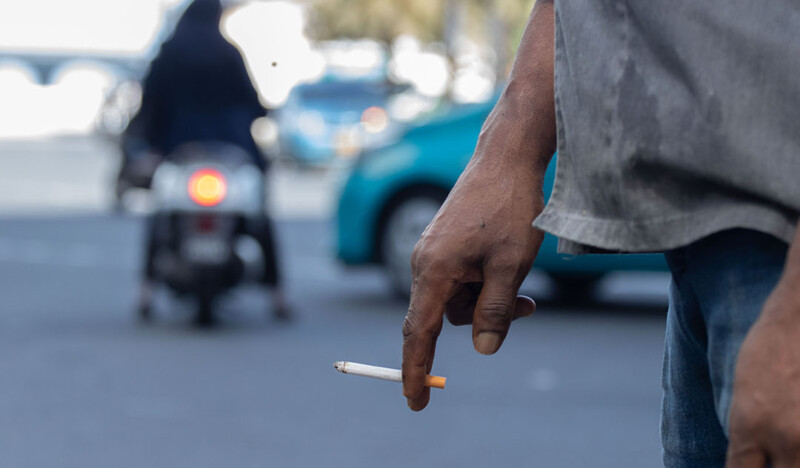
Despite the introduction of several tobacco control measures in the Maldives, enforcement of public smoking bans remains weak.
Smoking in public spaces, particularly on the streets of Malé, continues unabated, posing health risks to pedestrians and the public. Recent government measures, including a ban on vaping set to take effect in December, aim to curb tobacco use, but challenges in enforcing existing laws persist.
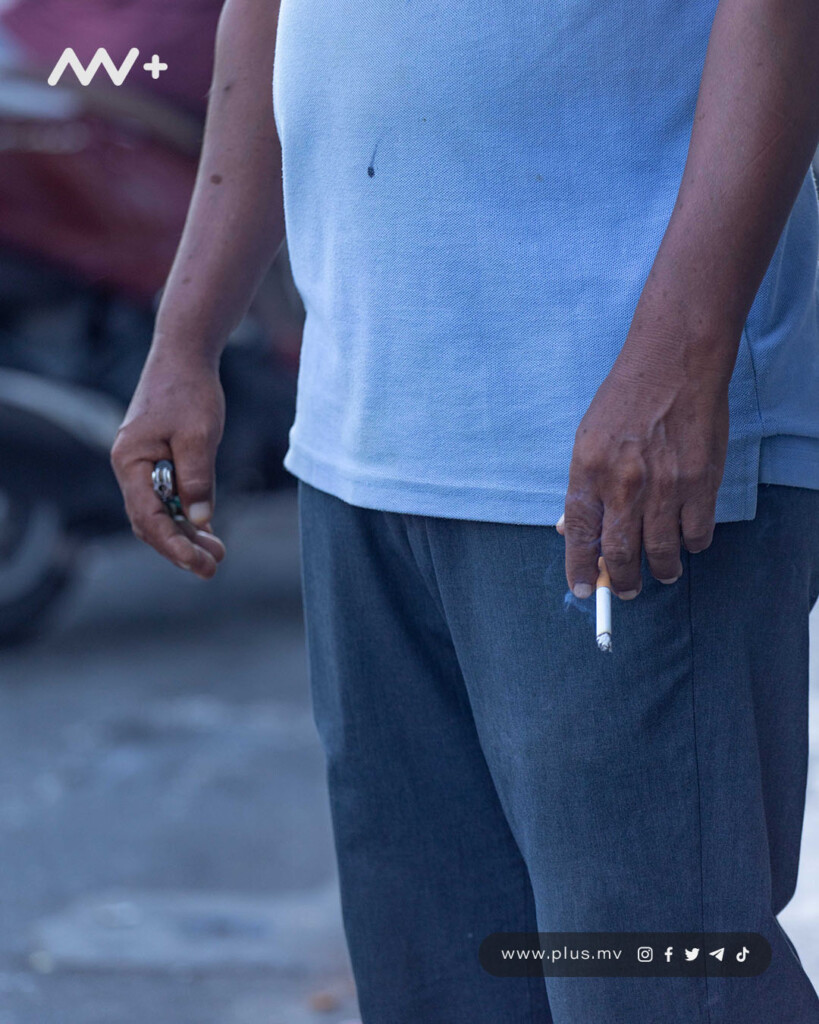
The government’s new initiatives include increasing import duties on cigarettes and raising the legal age for purchasing tobacco products from 18 to 21. These steps are intended to reduce tobacco consumption, but previous efforts to regulate smoking in public spaces have not been successfully enforced.
A ban on smoking in public areas was introduced through the 2010 Tobacco Control Act, which prohibited smoking in government offices, parks, mosques, and other public facilities.
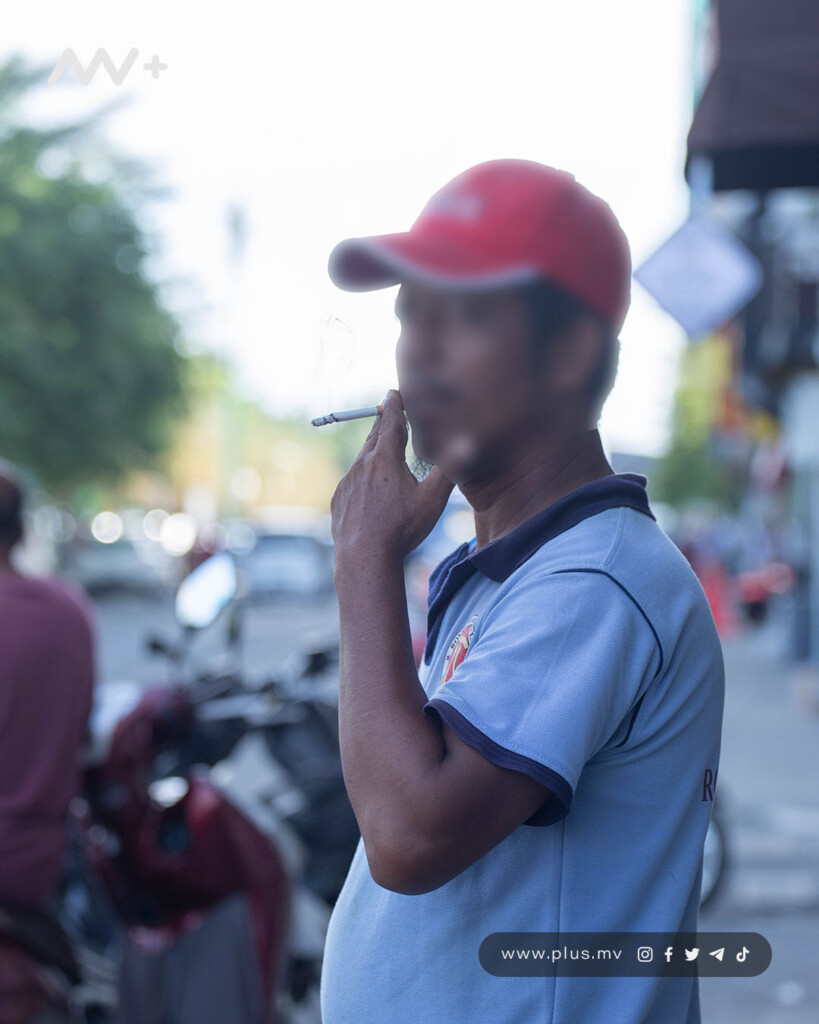
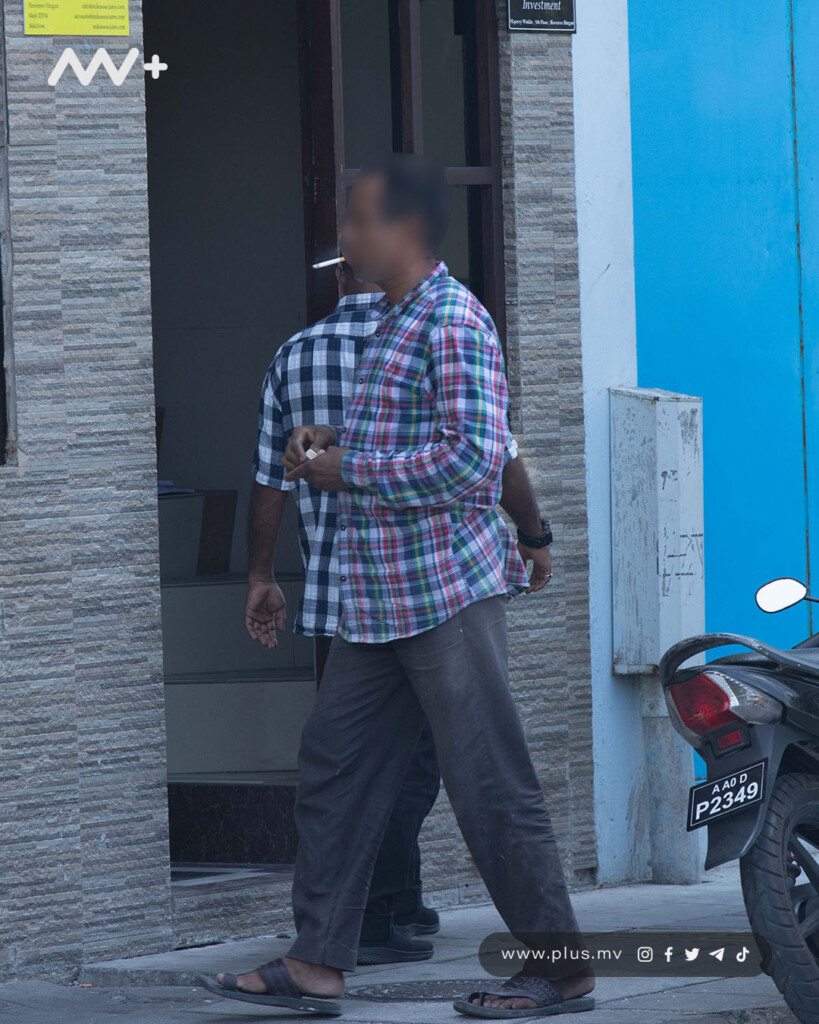
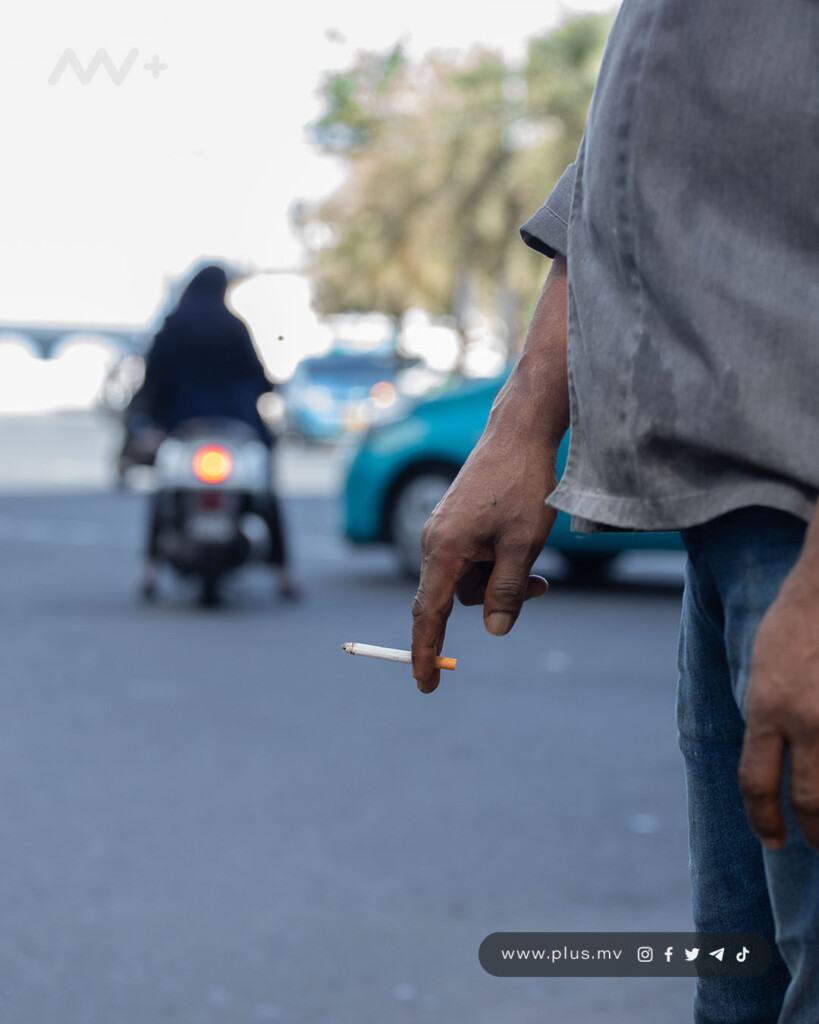
However, streets were not explicitly included in the law.
The Regulation to Designate Smoke-Free Zones (2012/R-41) further restricted smoking in areas such as ferries, public transport, children’s parks, and elderly care facilities, with fines imposed for violations. Cafés and restaurants are now required to display signs indicating smoke-free areas, yet smoking in public places remains widespread.
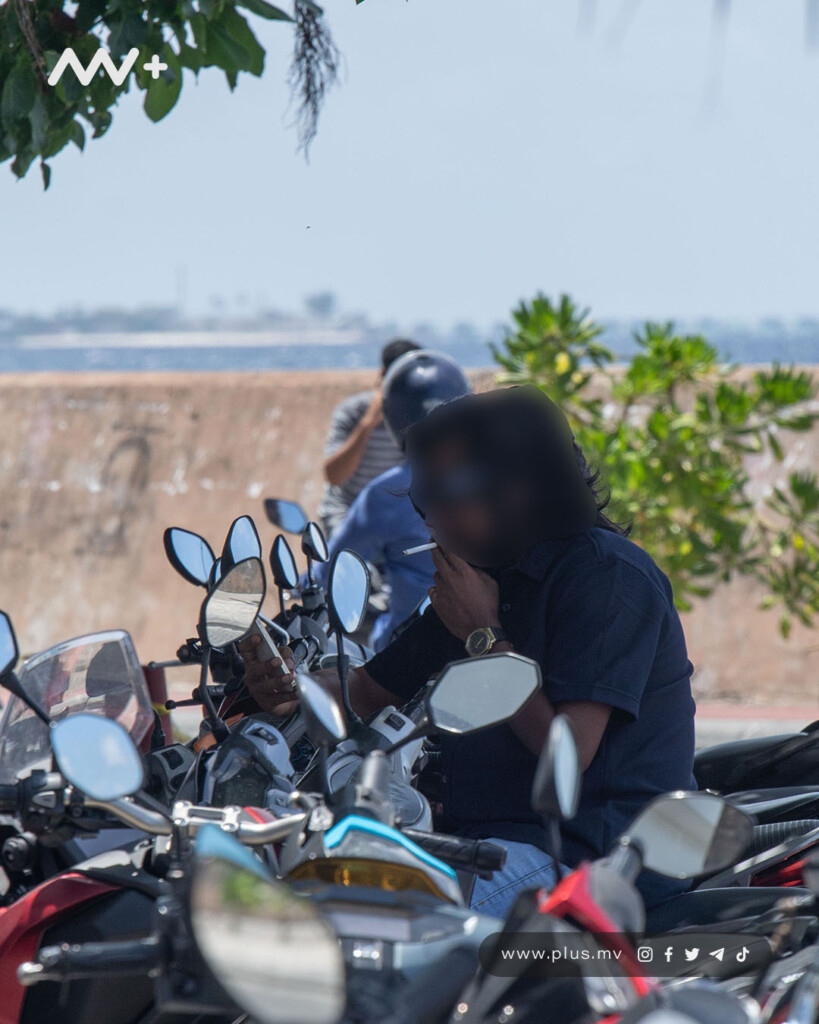

Efforts to ban smoking on the streets of Malé have faced legal hurdles. In May 2019, Malé City Council passed a resolution to prohibit smoking on the capital’s streets set to take effect in six months, but the policy was never enforced. Health Minister Abdulla Ameen later told parliament in 2020 that the government lacked the legal authority to implement such a ban.
Non-compliance with public smoking bans is a broader issue seen in many countries. A World Health Organisation (WHO) report highlights that ineffective enforcement of smoking regulations continues to pose challenges globally, with the Maldives being no exception.
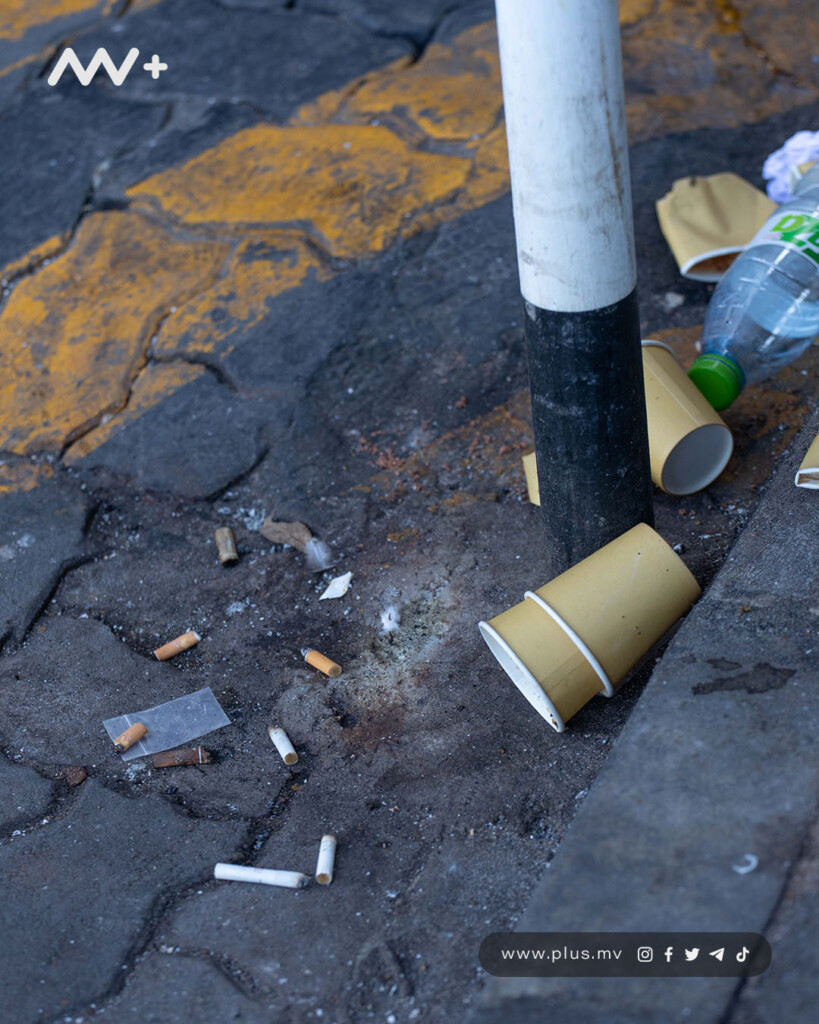
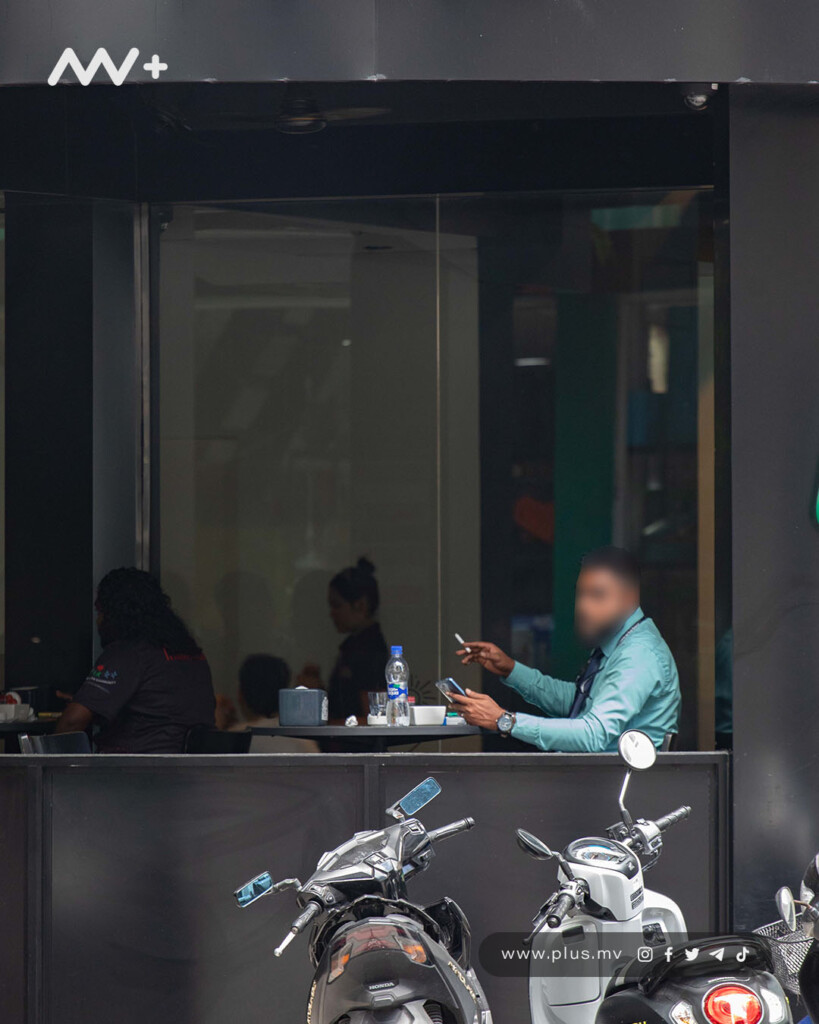
While the government is set to ban vaping and tighten regulations on cigarette sales, the persistent lack of enforcement of existing smoking bans raises concerns. Public smoking, especially in areas like parks, beaches, and restaurants, continues to expose individuals to the harmful effects of second-hand smoke, with little intervention from authorities.
As new regulations take effect, it remains to be seen whether stronger action will be taken to address the ongoing issue of public smoking in the Maldives.




